Quick facts
| Qualification type | UAL Level 3 Extended Diploma in Music Performance and Production |
| Duration | 2 years |
| Study times | You will be expected to be in college for a minimum of 3 days per week, from 9:00 to 4:00. Your timetable will be confirmed at induction. |
| Entry requirements |
Five GCSEs Grade 4 or above or a Level 2 Diploma at Merit grade. You will be invited to an interview, where you will need to complete a short-written task. If you are offered a place on the course, we will invite you to a practical studio or live workshop later in the year. |
| Campus | West Suffolk College Sixth Form Campus, Bury St Edmunds |
| Work placements | N/A |
Is it for me?
This highly practical course will provide you with skills in audio engineering, studio production and live sound production. You will work with skilled music industry professionals in our modern professional recording studio and in various local venues.
In the studio, you will be taught recording, mixing and mastering, and studio management skills. As well as producing original tracks for other students, you will have the opportunity to produce/engineer for external clients including local bands, solo artists, and songwriters.
Another focus of the course is live sound production, with many live concerts designed and produced throughout the year. You'll learn live mixing skills, PA system setup and maintenance, lighting design and operation, rigging, stage design and construction, pyrotechnics, projection technology, power distribution, events management and stage crewing.
If you're interested in a career as a studio producer, engineer, live sound mix engineer, stage manager, lighting designer/operator, rigger, pyrotechnician, or acoustician, this course is for you.
What you'll learn
Our state-of-the-art recording studio is a commercial business, open to external recording clients which allows you to gain experience in meeting a client's needs for live briefs. There are numerous opportunities to produce music for film industry projects, produce events for the local community and to attend a variety of music events throughout the year. All of these activities can go towards developing your CV and can be used to gain work in the entertainment industry.
Course modules include:
- Studio Production
- Microphones and Mixing Techniques
- Live Sound Production
- Live Mixing Techniques
- PA Setup and Maintenance
- Stage Design
- Lighting Design and Operation
- Stage Management and Crewing
- Acoustics
- The Science of Sound
- Music Business
- Projection Technology
- Marketing
- Career Development
Any student who does not hold a GCSE at grade 9 to 4 or equivalent qualifications in maths and English by age 16 will need to continue to study these subjects in each academic year.
Tutors' insights into UAL Music Performance and Production
Students' insights into UAL Music Performance and Production
Equipment required for the course
A fee of £20 is required, which covers the purchase of a crew T-shirt.
Dark jeans or 'combat' trousers, a small torch, 'Leatherman' multi-tool and sturdy rubber soled footwear with steel toe caps should be purchased for live production work.
You will also be required to purchase a USB-C Memory stick/Hard drive and headphones before the course starts.
If you wish to purchase further music production equipment, we will discuss this with you during the course.
Work experience placements
You will be expected to undertake work experience throughout the course in the form of numerous live events and studio recording sessions.
Assessment
There are no exams, however throughout the course you will generate a portfolio of evidence to show how you are developing as a professional music technician. We use Google Classroom, which allows us to provide you with ongoing feedback and discussion.
You will be producing practical work including studio recordings, stage lighting and live events in addition to presentations, mood boards, evaluations and research documentation.
Your grade for both years is based on a large project of your choosing. You work on this at the end of each year and so long as it fits within the boundaries of the qualification, this could anything from writing an EP or an album, studio productions, organising a live music event, or focussing on music business administration.
Further study
Example careers
- Studio Producer
- Engineer
- Stage Manager
- Live Sound Mix Engineer
- Lighting Designer
- Lighting Operator
- Rigger
- Pyrotechnician
- Acoustician
- Event Manager
- Audio Director
- Production Co-ordinator
- Concert Technician
- Mastering Engineer
- Speaker Designer
- Audio Electronics Engineer
Days & times
Starting September 2025



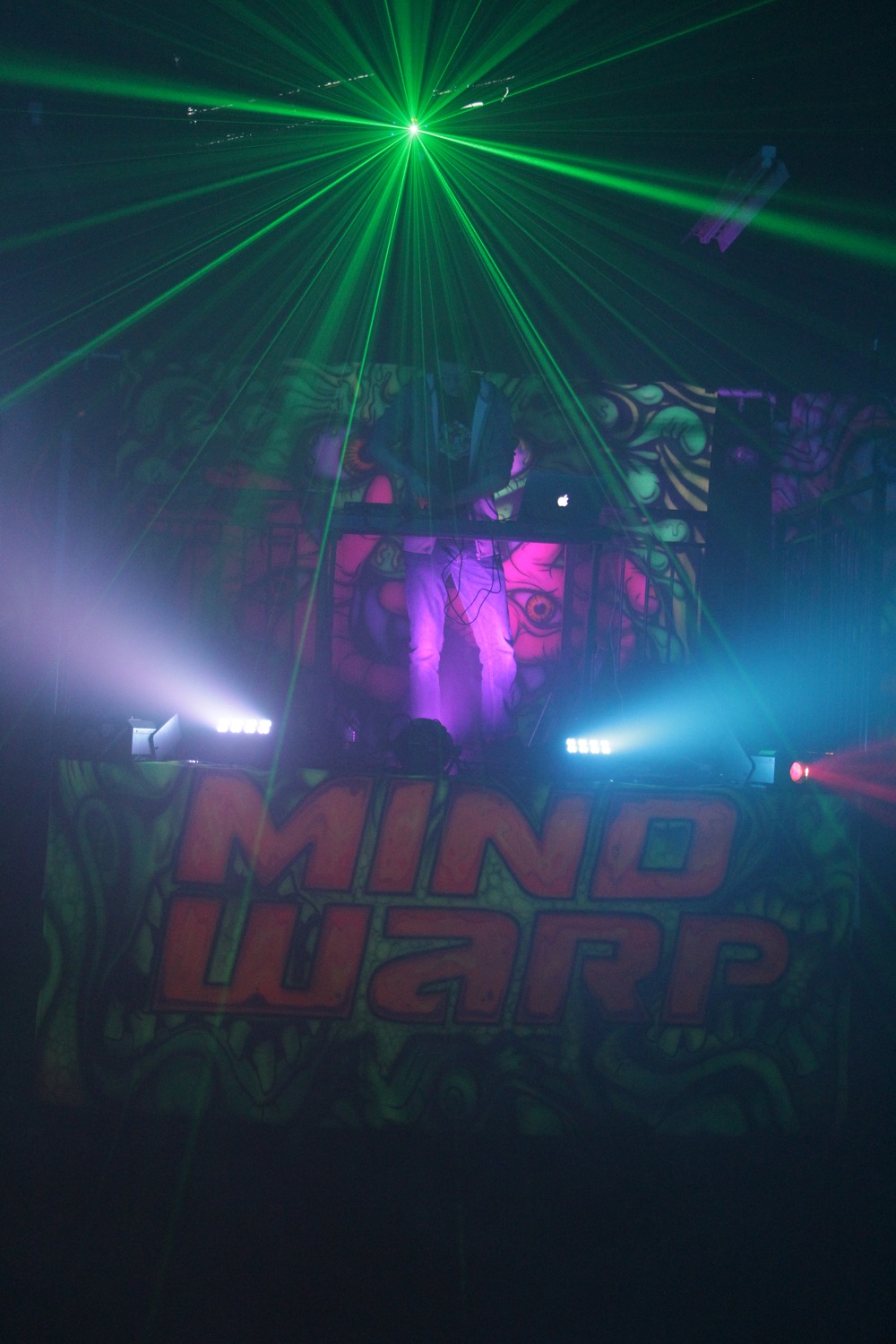
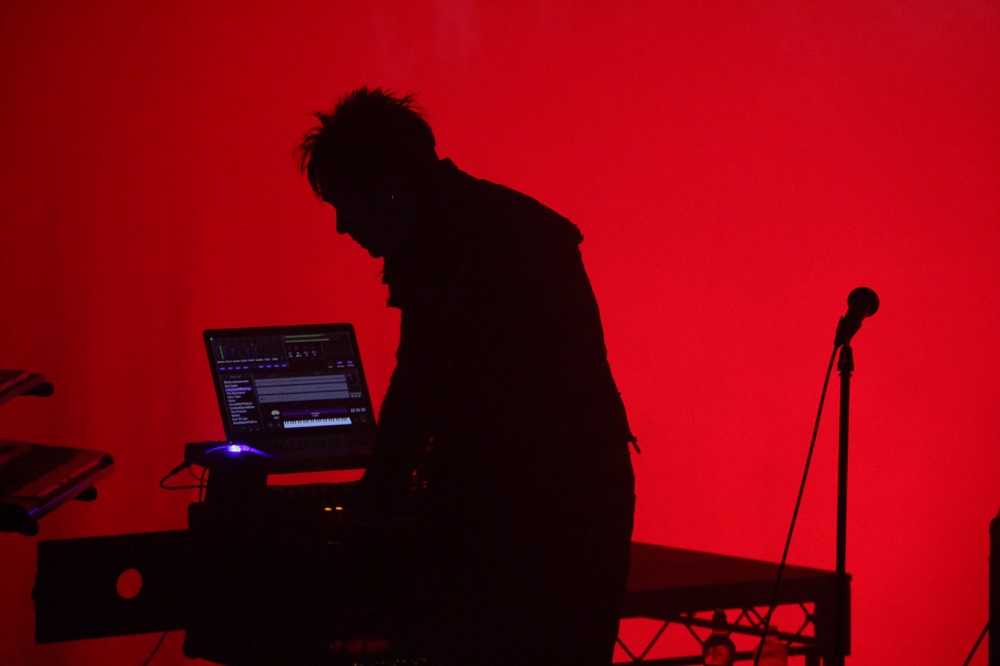
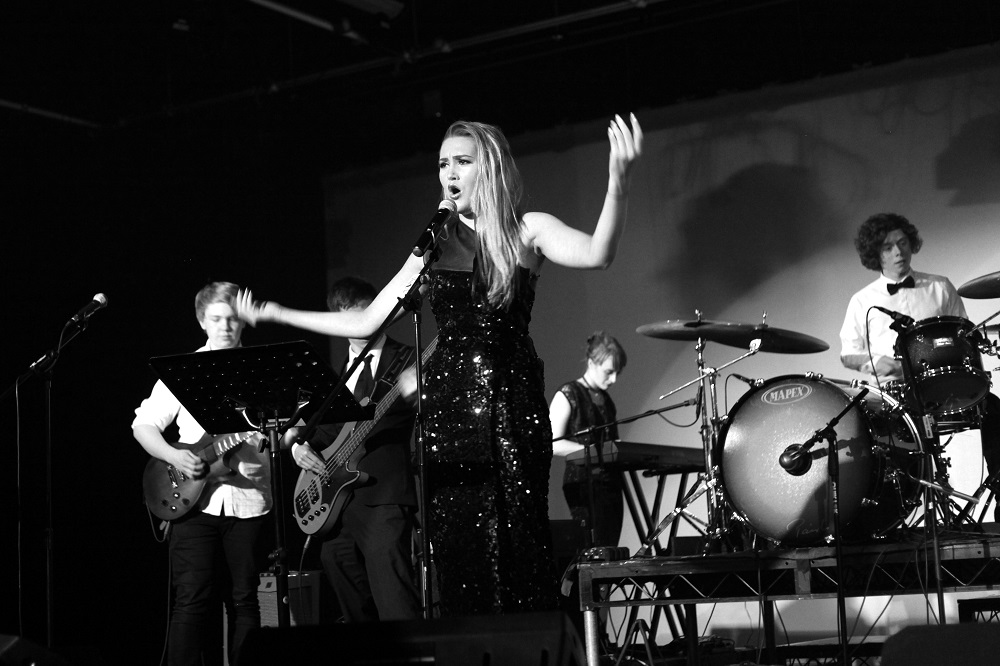
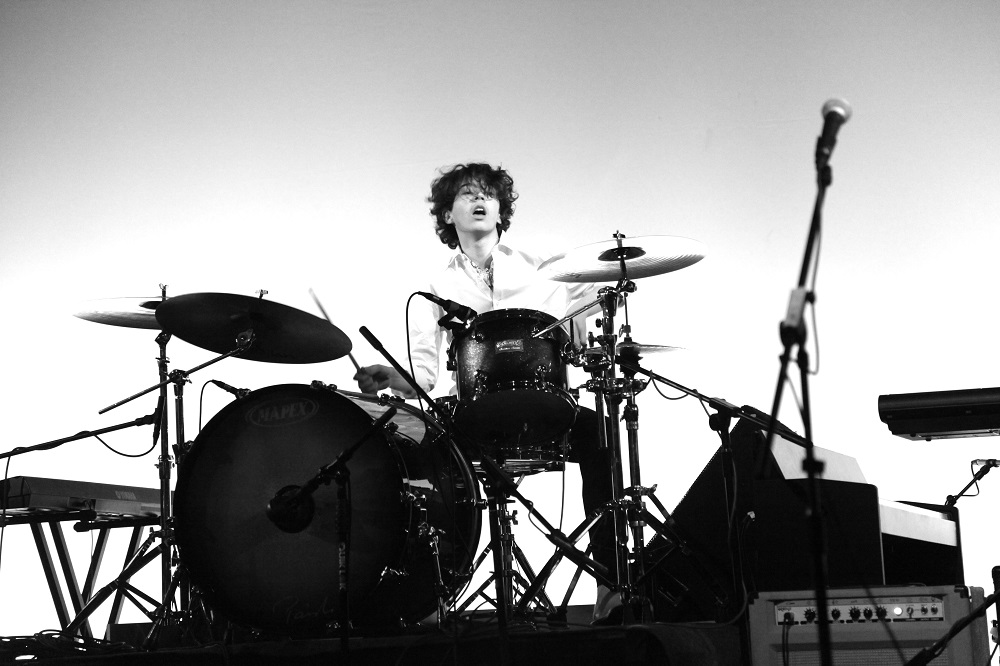
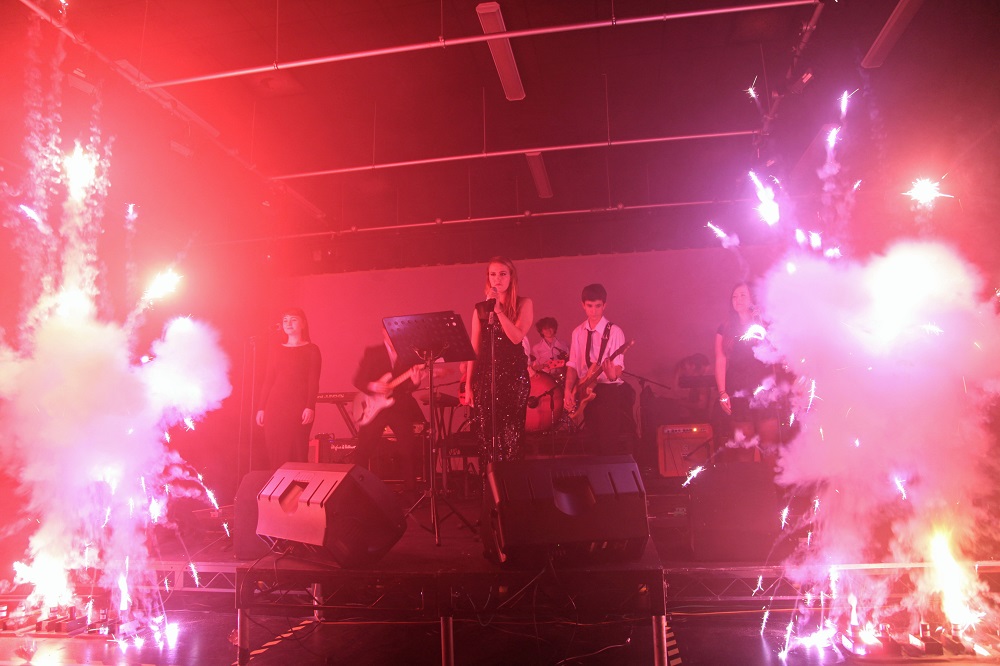
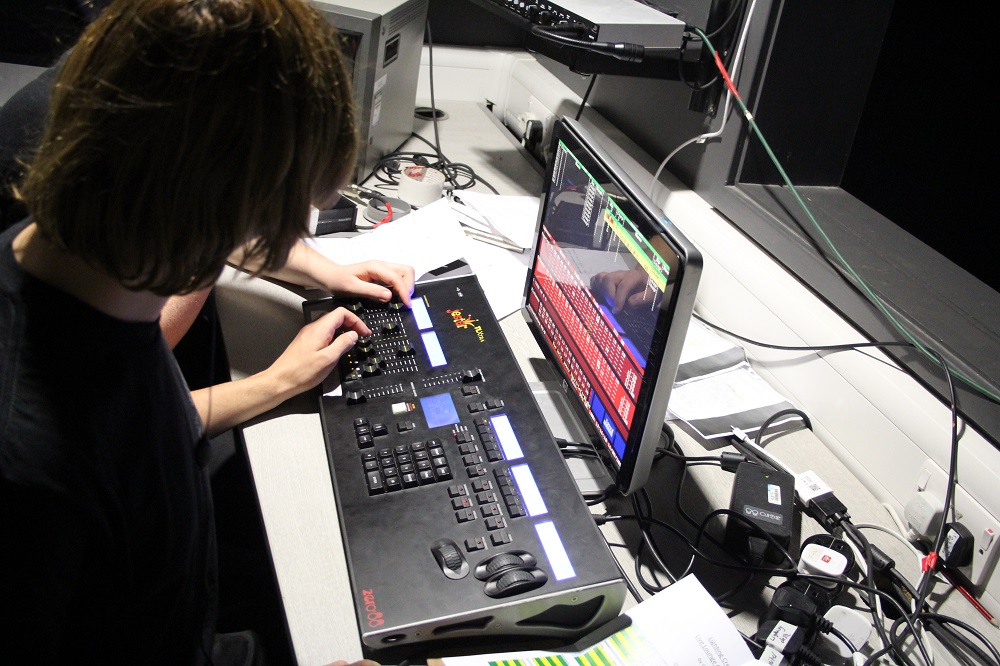
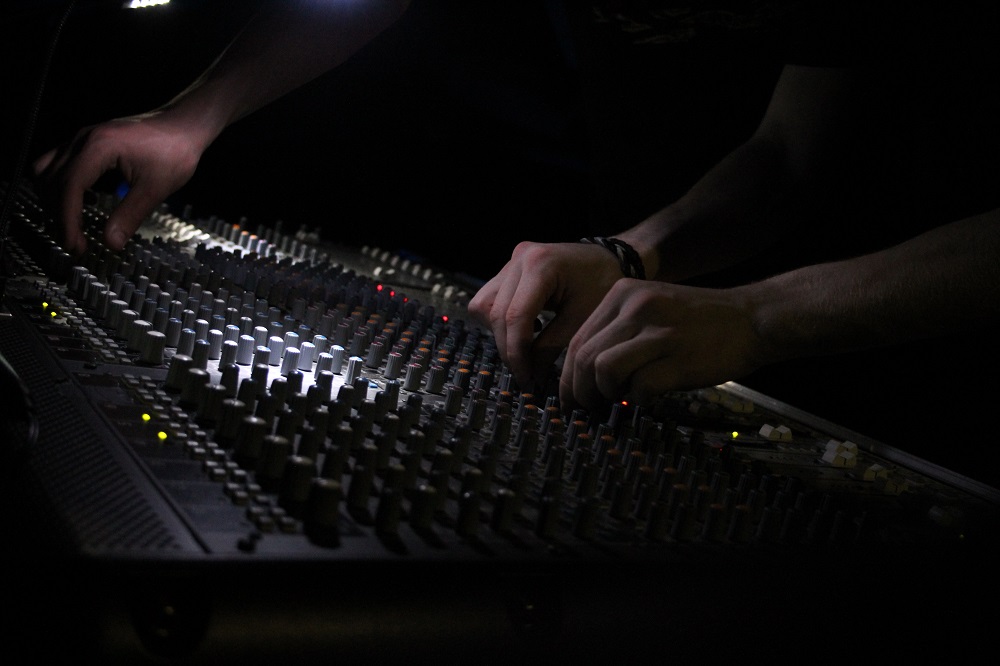
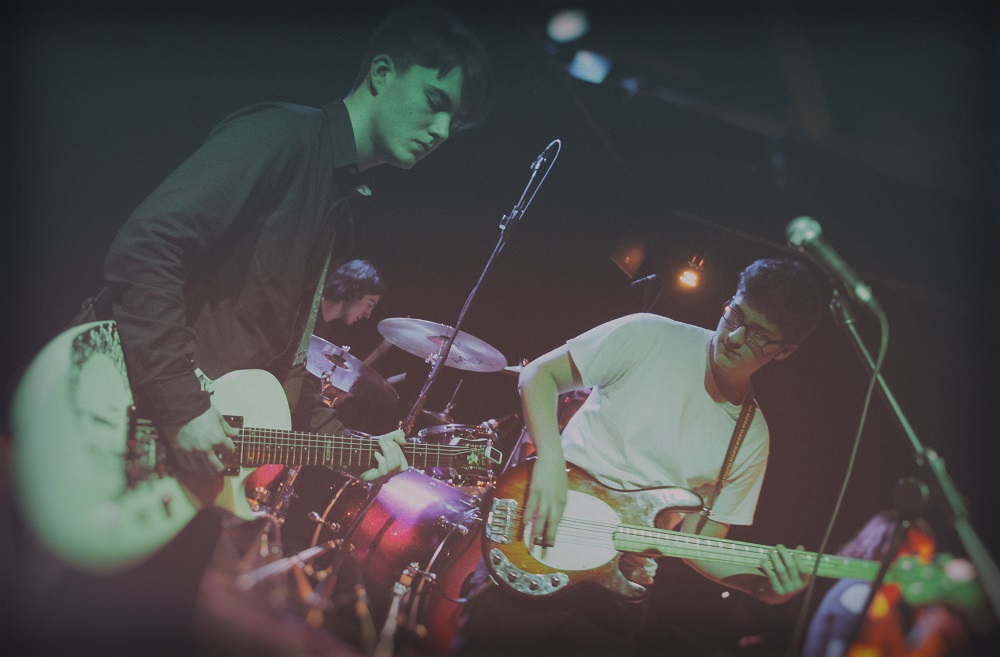
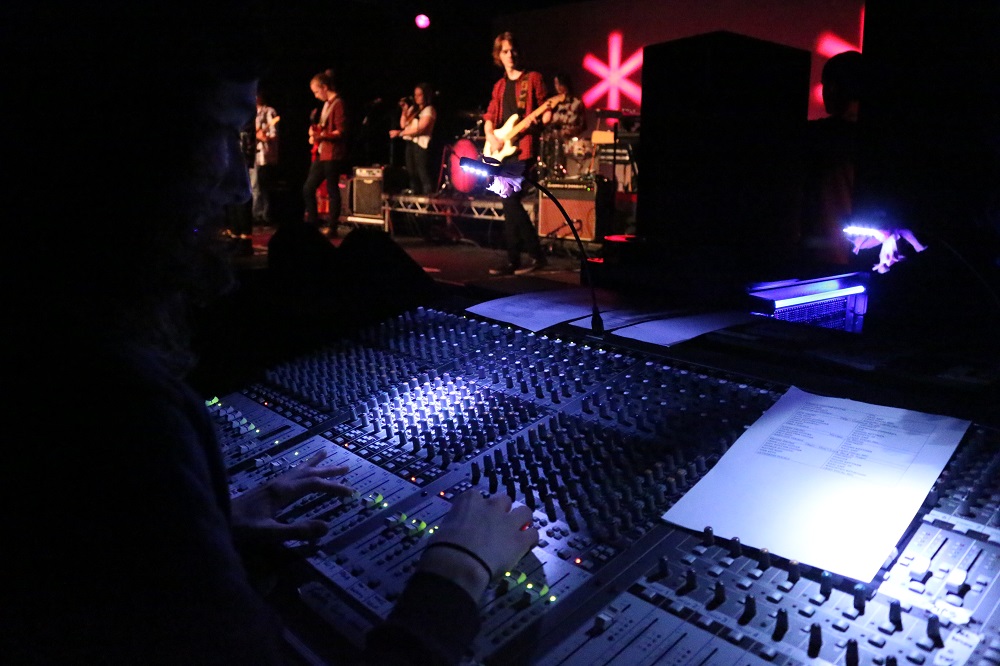
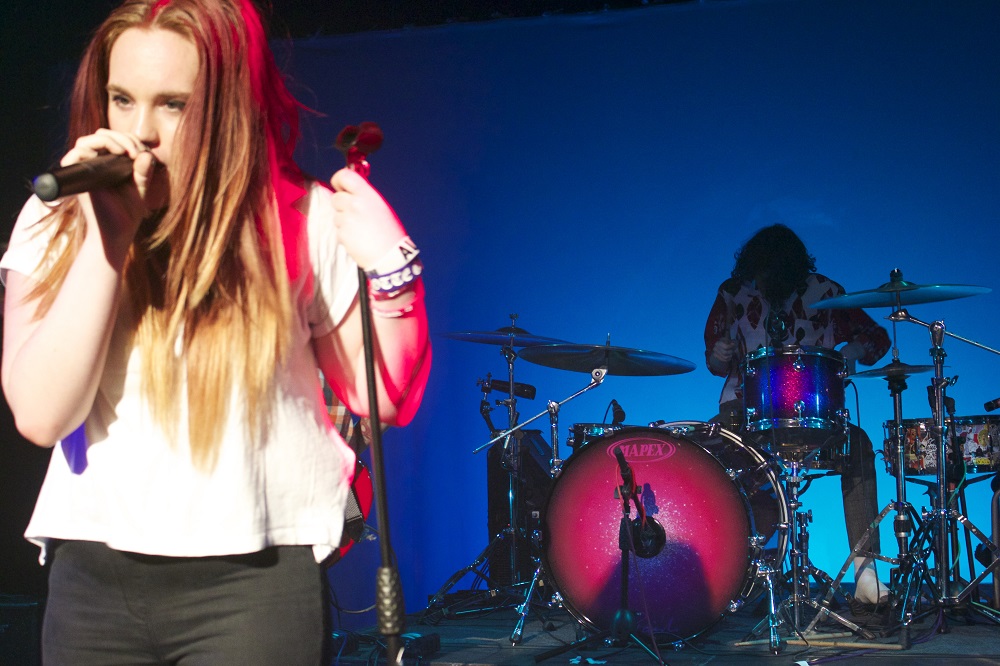
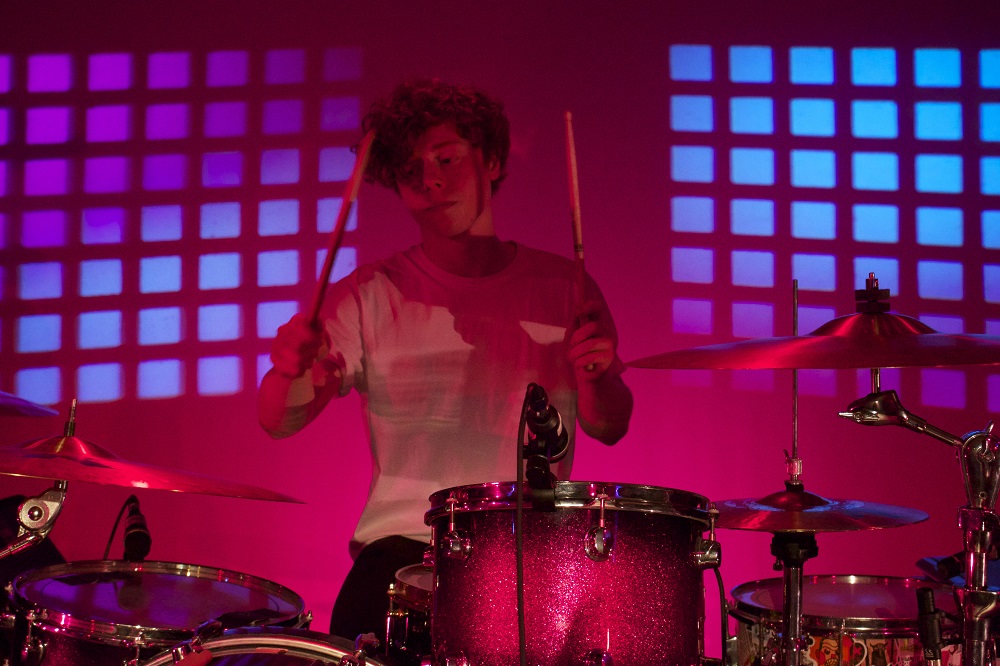
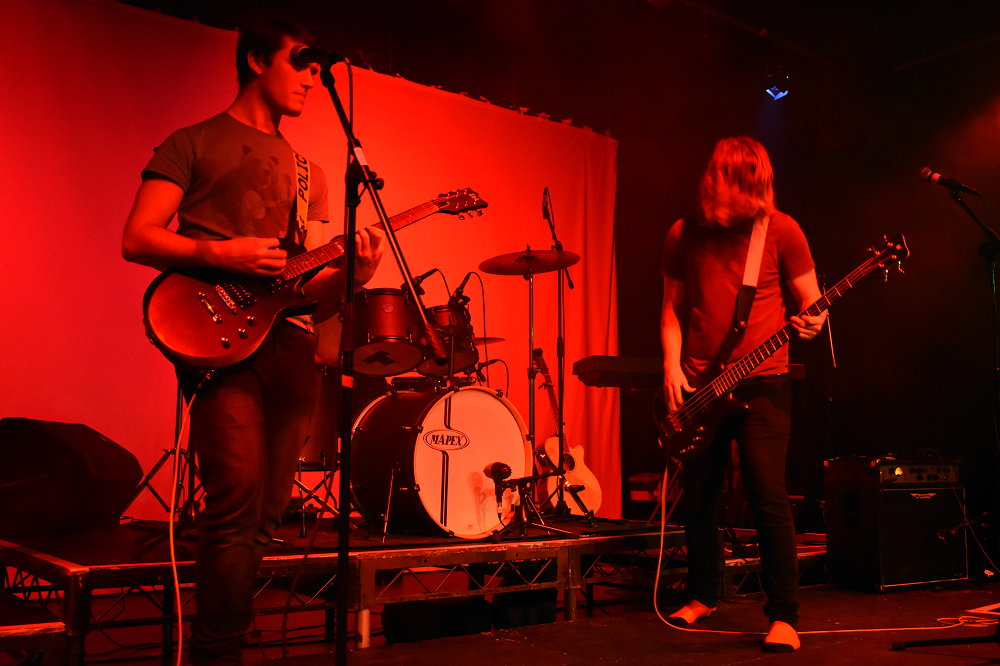
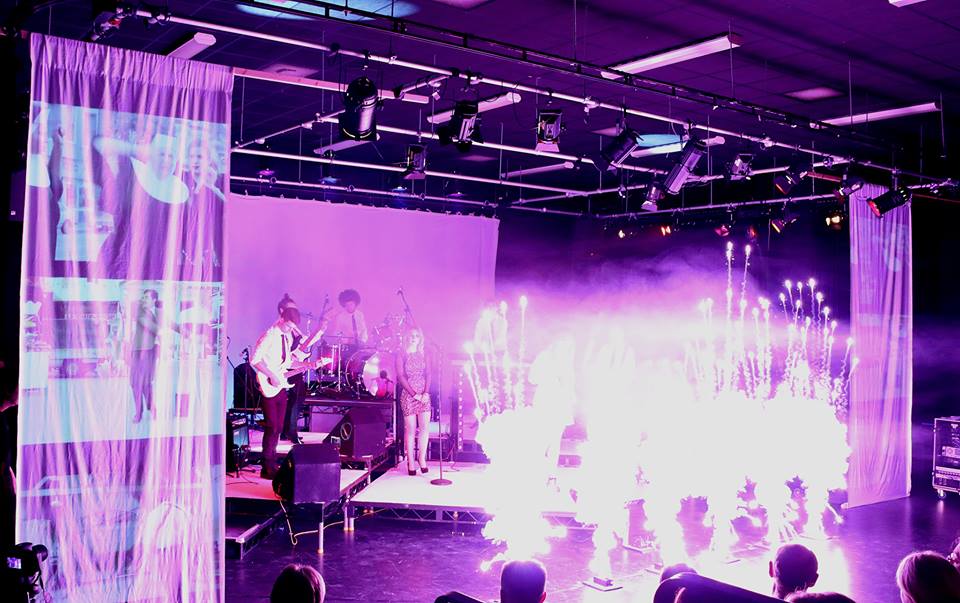
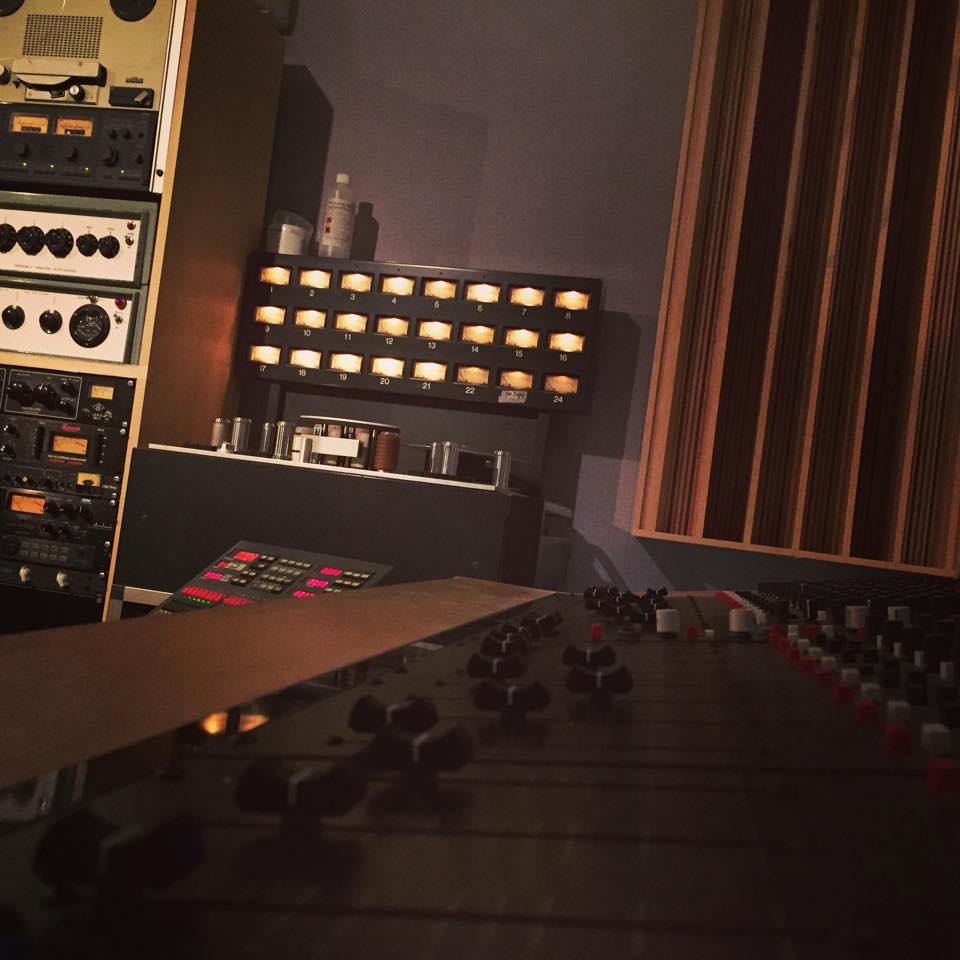
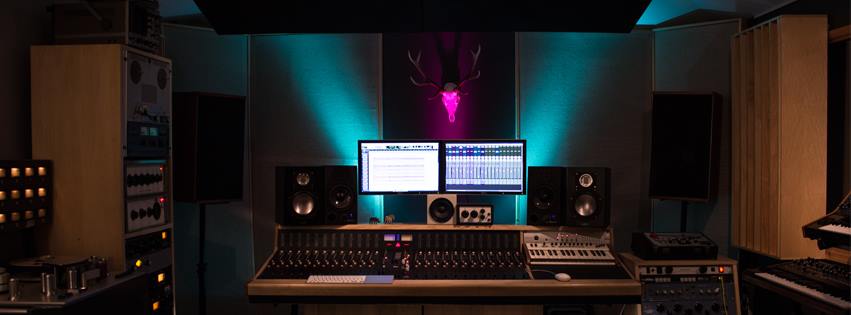
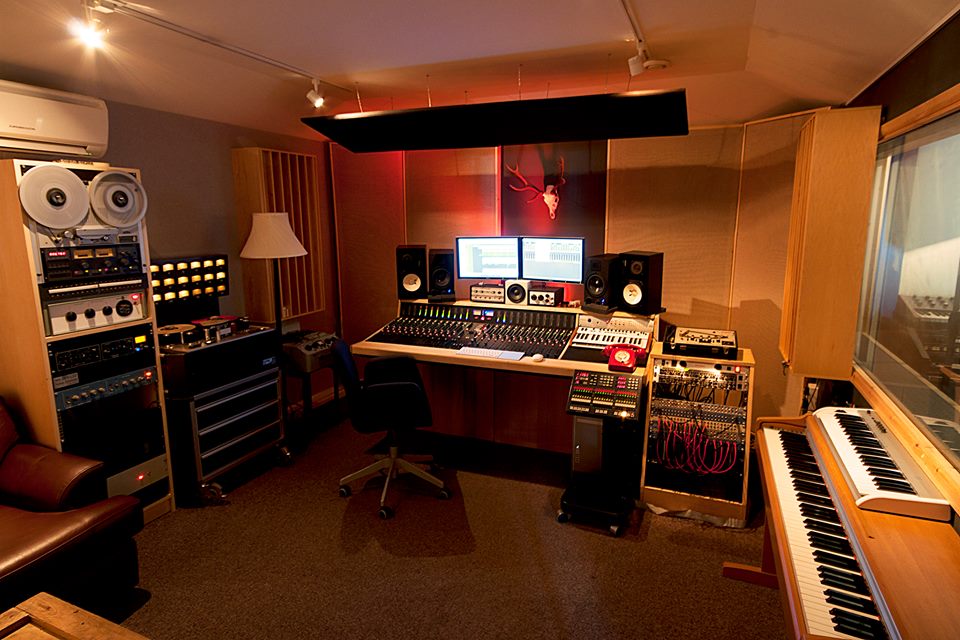
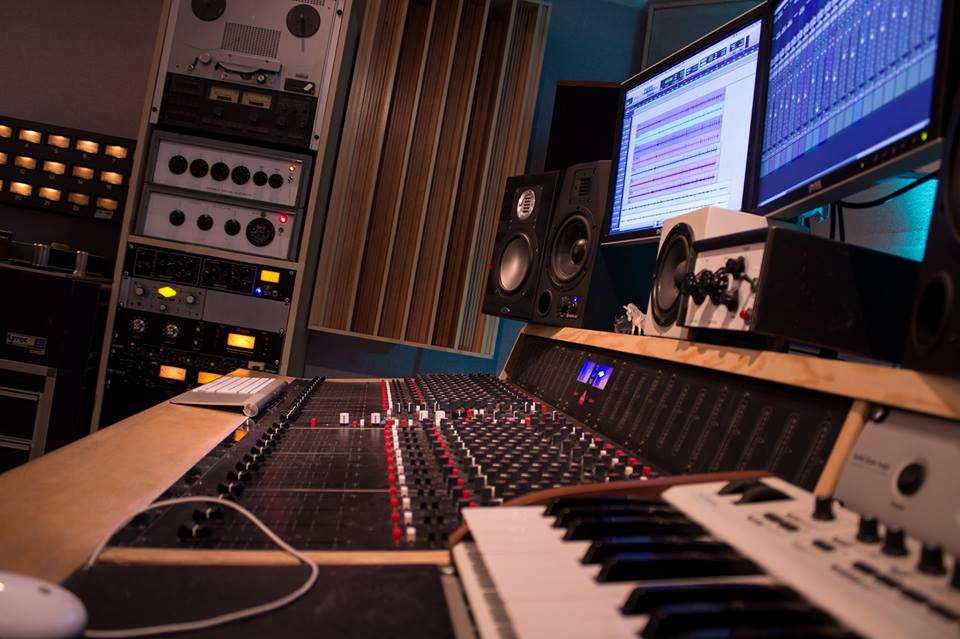
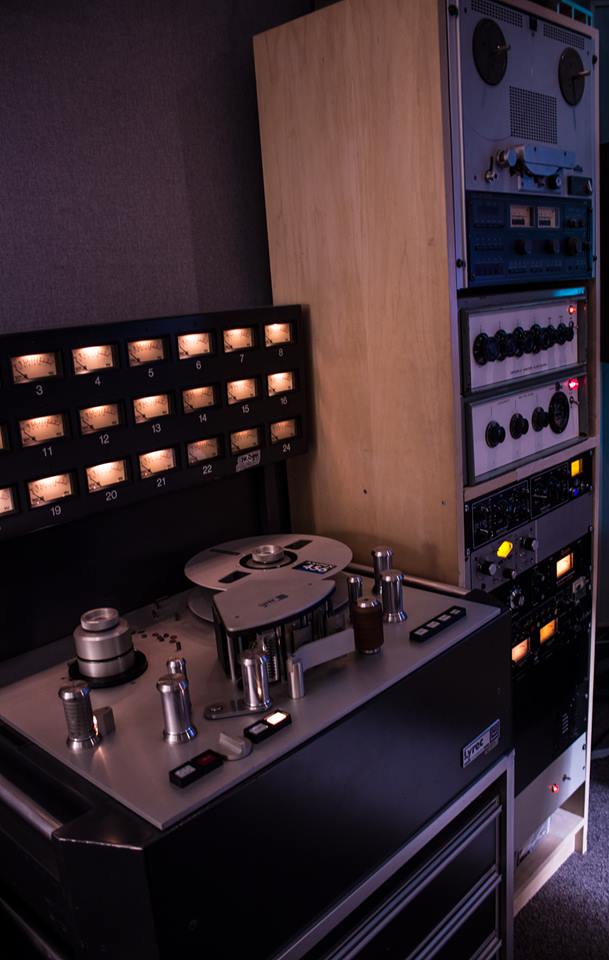
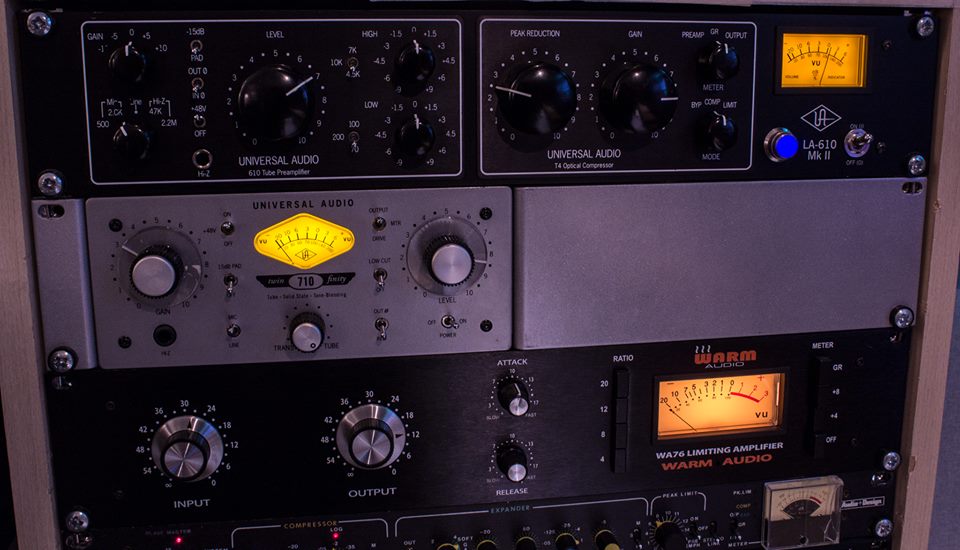
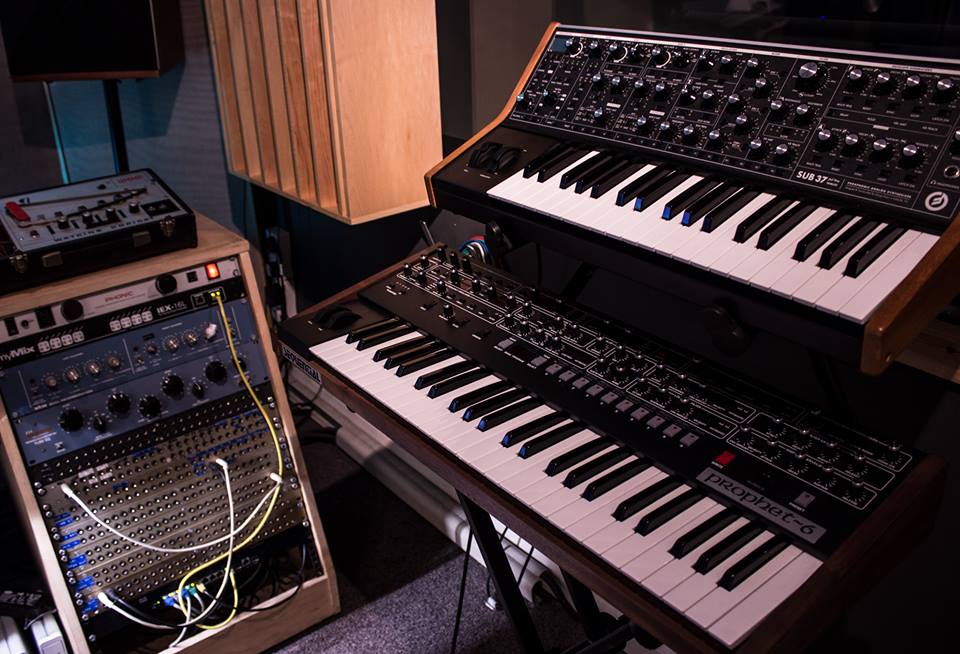
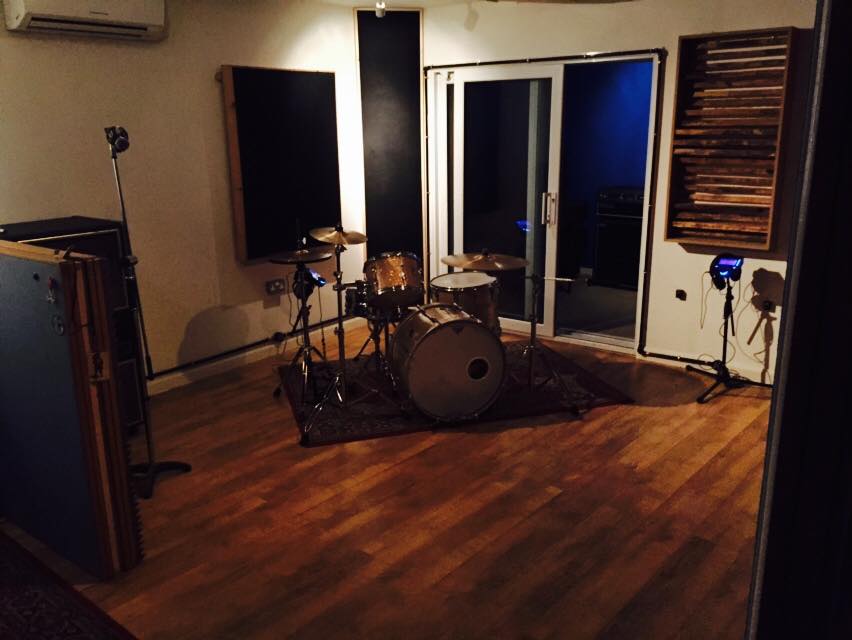
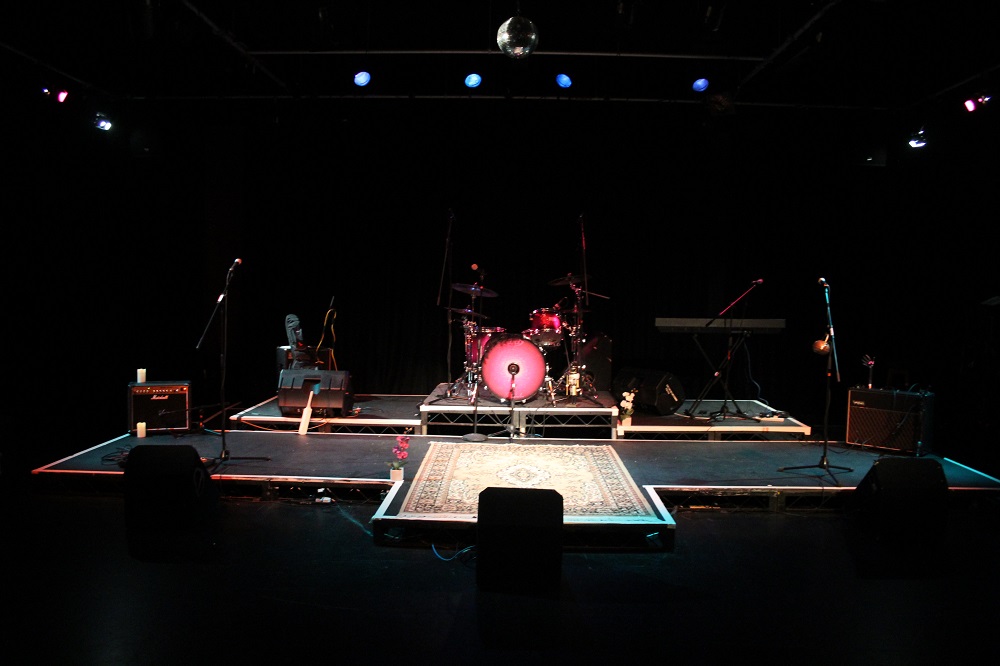
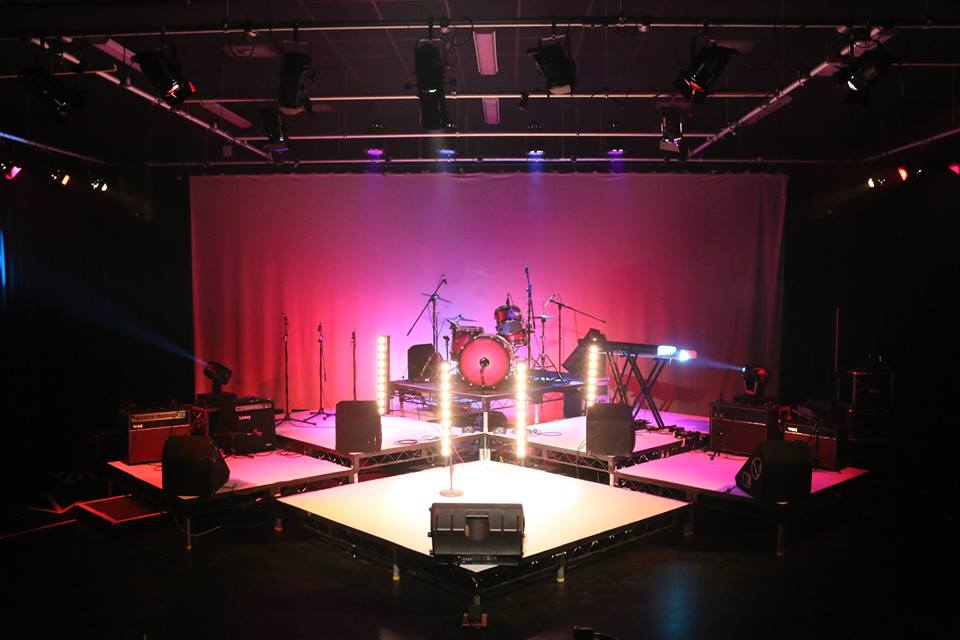
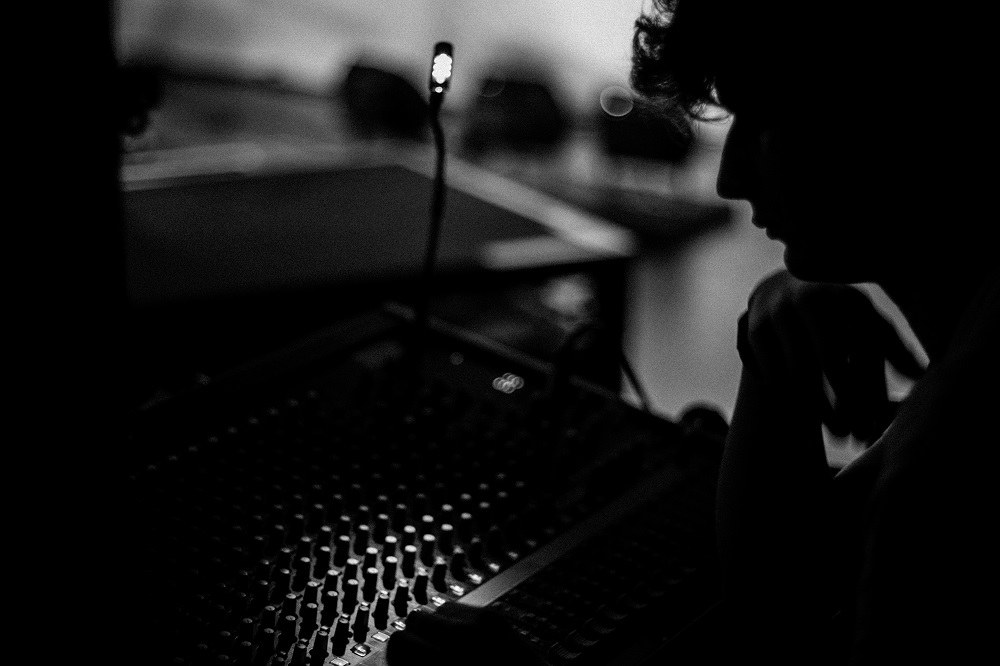
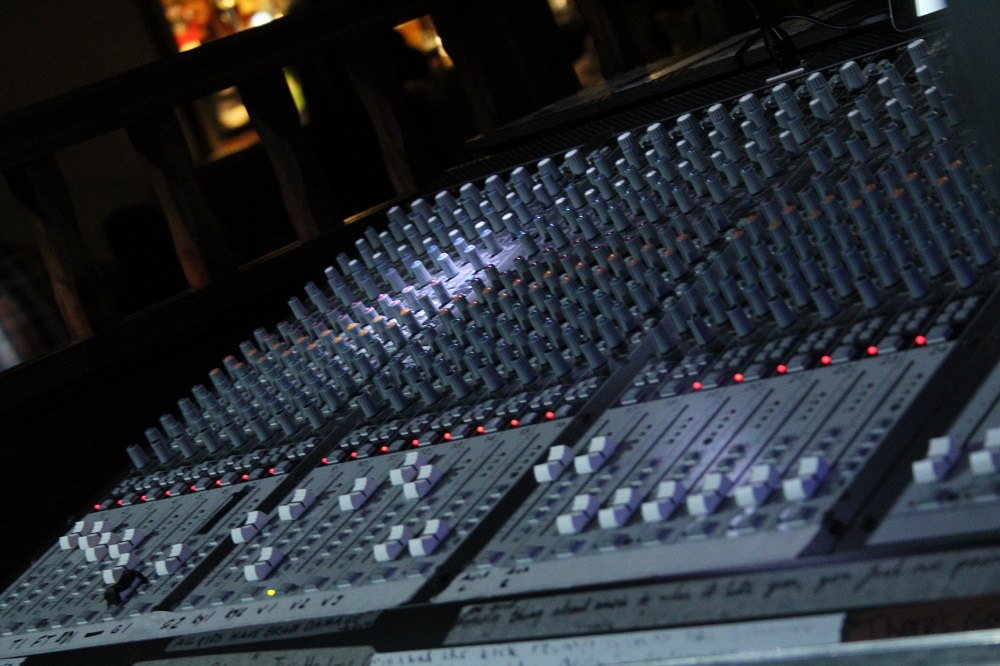
Follow Us
Stay up-to-date on the latest news & events